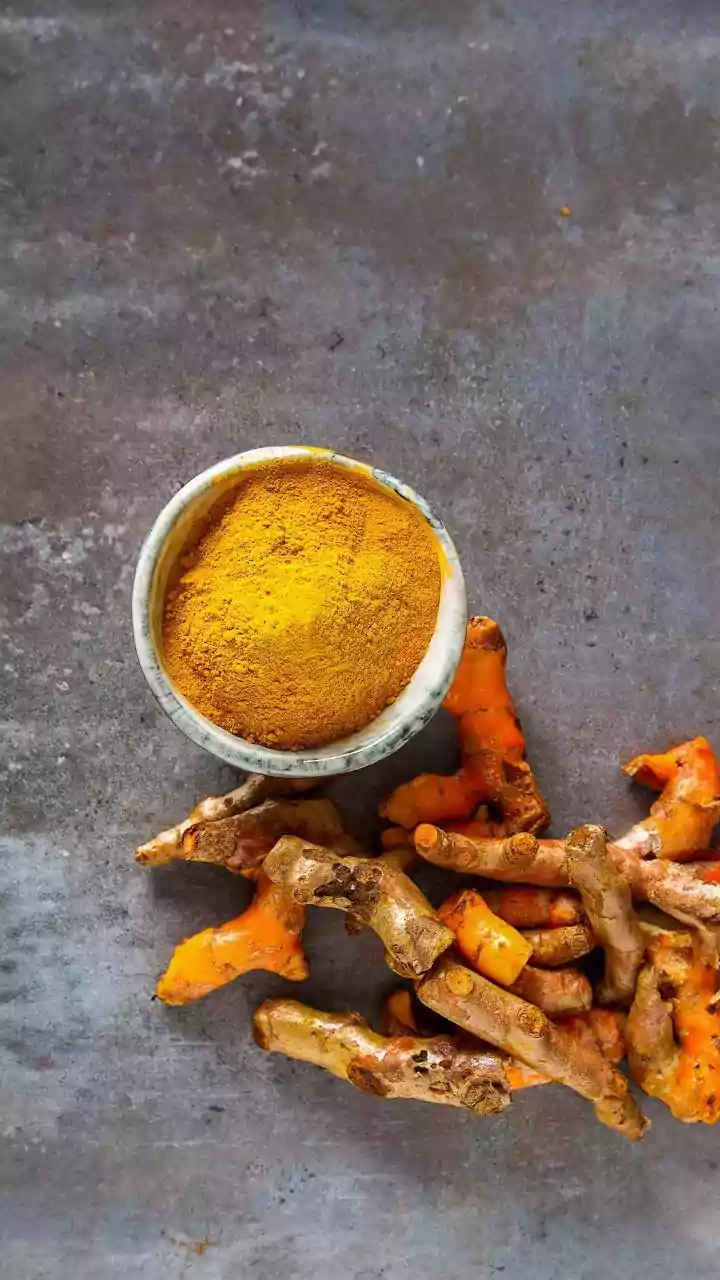Kidney Stone Culprits
Kidney stones, those small, hard deposits that can cause excruciating pain, are often triggered by a combination of factors. The primary cause is the formation
of crystals from substances like calcium, oxalate, and uric acid within the urine. Diet plays a crucial role; a diet high in sodium, animal protein, and oxalate-rich foods increases the risk. Dehydration is another major contributor, as concentrated urine provides a perfect environment for crystal formation. Medical conditions such as hyperparathyroidism and certain genetic predispositions can also up the likelihood of stone development. Understanding these triggers is key to adopting preventive measures, which may involve dietary adjustments and adequate fluid intake.
Risk Factors Identified
Various factors elevate the probability of developing kidney stones. Dehydration, as mentioned previously, is a major player because when urine is concentrated, minerals are more likely to bind together and create stones. Dietary habits are also significant. A diet heavy in sodium can increase calcium levels in the urine, which leads to stone development. Consuming large amounts of animal protein ups uric acid, another stone-forming substance. Foods rich in oxalates, like spinach and rhubarb, also contribute to the issue. Moreover, certain medical conditions and genetic factors predispose individuals to kidney stone formation. Obesity and metabolic syndrome are linked to a higher risk. Finally, specific supplements and medications can increase risk, underscoring the need for personalized health advice.
Milk's Protective Role
Contrary to some beliefs, milk can actually reduce the risk of kidney stones. It's often misconstrued that milk consumption leads to stones due to its calcium content. However, calcium in milk binds with oxalates in the gut, preventing their absorption and reducing their presence in urine. This is crucial because oxalates are a significant contributor to the most common type of kidney stones, calcium oxalate stones. Adequate calcium intake is therefore important to maintain the balance. Therefore, milk, as a source of calcium, can be a protective factor. It's important to note that the key is to consume the right amount. Excessive calcium intake can sometimes lead to stone formation. The bottom line is that moderate milk consumption, as part of a balanced diet, can be a positive step in kidney stone prevention.
Stone Risk Reduction
There are several proactive strategies to reduce the risk of developing kidney stones. Adequate hydration is paramount. Aiming for at least eight glasses of water per day helps to dilute urine and flush out stone-forming substances. Dietary modifications are also key. Limiting sodium intake, moderating animal protein consumption, and being mindful of oxalate-rich foods can make a difference. Increasing your citric acid intake through lemons or oranges can prevent the formation of calcium stones. Regular exercise and maintaining a healthy weight also contribute to overall health and stone prevention. If you've had kidney stones before, your doctor might recommend medications like thiazide diuretics or potassium citrate. These lifestyle and medical approaches work together to minimize your risk and ensure better kidney health.




















